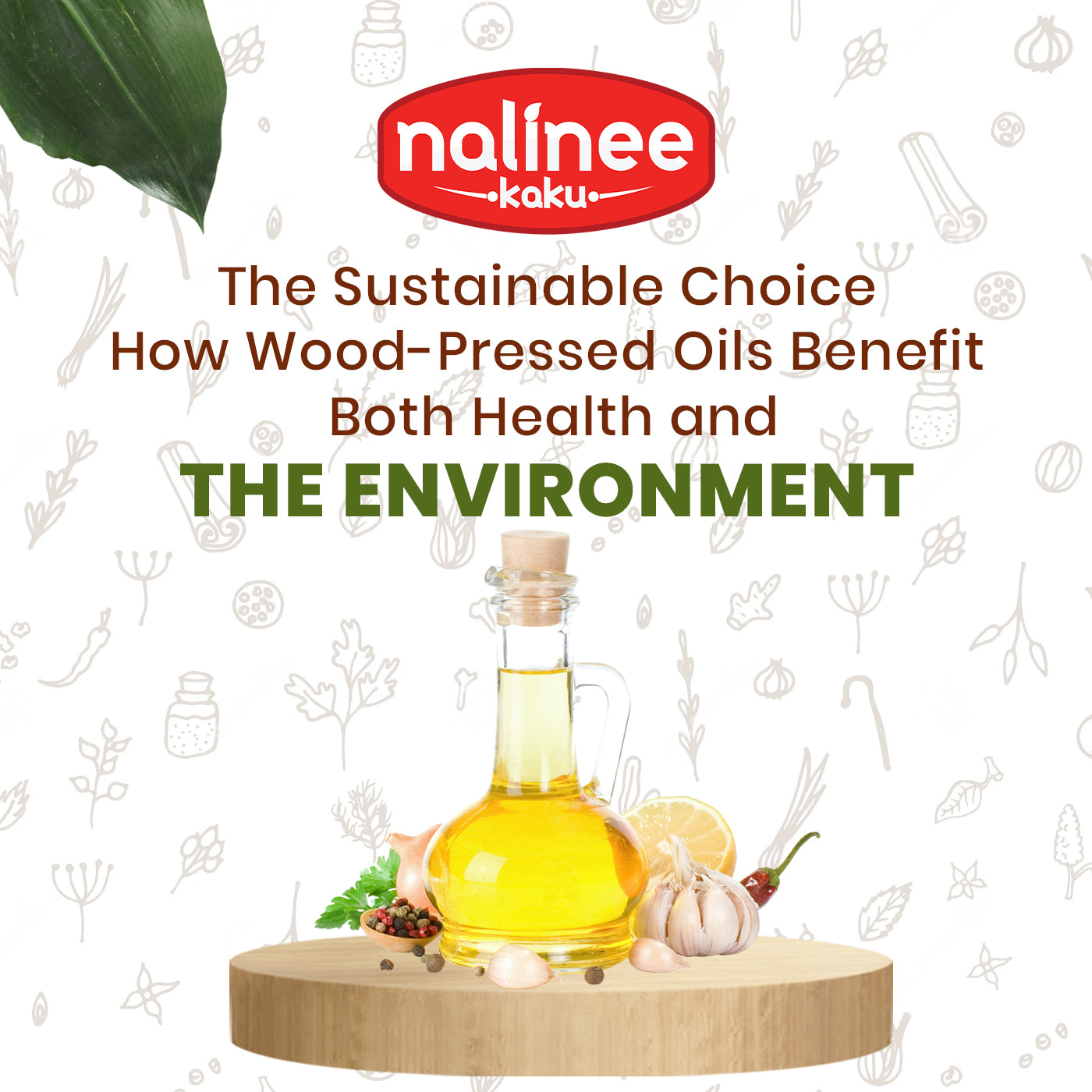Why You Should Switch to Wood-Pressed Oils: Health and Environmental Impact
Introduction
Switching to wood-pressed oils offers numerous benefits for both your health and the environment. Unlike refined oils, which undergo extensive processing, wood-pressed oils are extracted using traditional methods that retain their natural nutrients and flavors. This blog explores why you should make the switch to wood-pressed oils, highlighting their health advantages and positive environmental impact.
Health Benefits of Wood-Pressed Oils
a. Nutritional Advantages
Wood-pressed oils are packed with essential nutrients, including healthy fats, vitamins, and antioxidants. For example, sesame oil is rich in vitamin E and lignans, which have antioxidant properties that protect against cell damage. Coconut oil contains medium-chain triglycerides (MCTs) that support energy metabolism and cognitive function.
b. Heart Health
Wood-pressed oils contribute to heart health by providing beneficial fats that help lower bad cholesterol levels. They are high in monounsaturated and polyunsaturated fats, which support cardiovascular function and reduce the risk of heart disease.
c. Digestive Health
The consumption of wood-pressed oils aids in digestion by stimulating the production of digestive enzymes. These oils also help in the absorption of fat-soluble vitamins and improve overall digestive function.
d. Anti-Inflammatory Properties
Many wood-pressed oils have anti-inflammatory effects that can help reduce inflammation in the body. For instance, sesame oil contains sesamolins that have been shown to alleviate inflammation and support joint health.
Environmental Benefits of Wood-Pressed Oils
a. Sustainable Production
Wood-pressed oil extraction is a sustainable
method that requires minimal energy and resources compared to industrial oil extraction processes. It involves traditional techniques that have a lower environmental footprint.
b. Reduced Carbon Footprint
The traditional extraction methods used for wood-pressed oils produce fewer greenhouse gases compared to the industrial processes used for refining oils. This helps in reducing the overall carbon footprint associated with oil production.
c. Preservation of Biodiversity
By supporting traditional oil production methods, you contribute to the preservation of biodiversity. Traditional farming practices are often more eco-friendly and less detrimental to the environment compared to large-scale industrial farming.
d. Support for Local Communities
Purchasing wood-pressed oils supports local farmers and producers who use traditional methods. This helps promote sustainable agriculture and provides economic benefits to rural communities.
Switching to Wood-Pressed Oils
a. Choosing the Right Oil
Select wood-pressed oils based on their flavor and cooking suitability. For high-heat cooking, choose oils with higher smoke points like groundnut oil. For dressings and low-heat applications, sesame oil and coconut oil are excellent options.
b. Transitioning Your Cooking
Incorporate wood-pressed oils into your daily cooking by replacing refined oils with these healthier alternatives. Experiment with different oils to find the ones that best suit your taste and cooking needs.
c. Supporting Sustainable Brands
When purchasing wood-pressed oils, look for brands that prioritize sustainability and ethical practices. Supporting these brands helps promote environmentally friendly production methods and supports local communities.
Conclusion
Switching to wood-pressed oils offers significant health and environmental benefits. By choosing these traditional oils, you can improve your overall well-being and contribute to a more sustainable and eco-friendly world.


